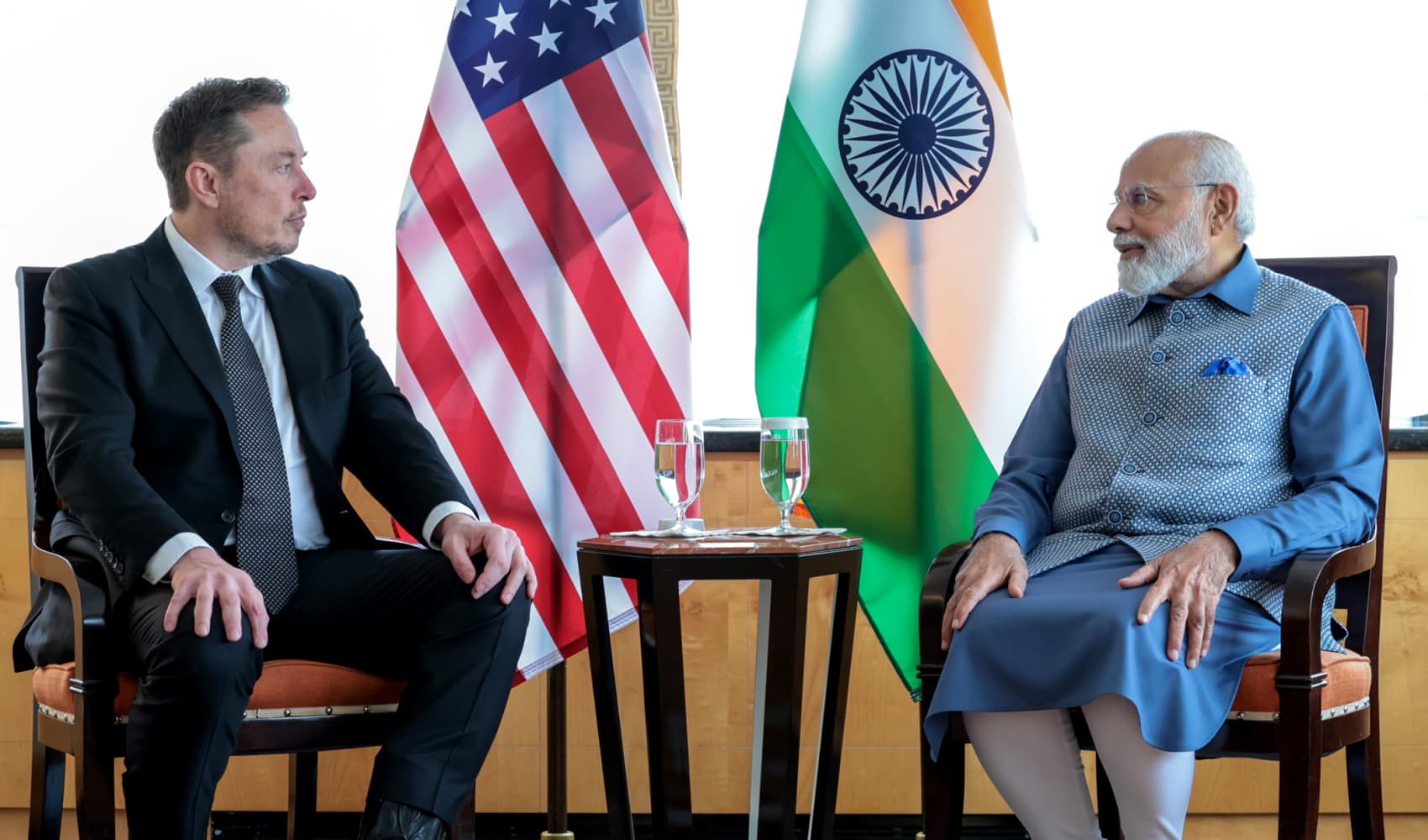
Americans are notorious for not taking a break. The average U.S. worker took less than 12 days of vacation in 2021 — six fewer than the global average — according to Expedia's latest Vacation Deprivation study of 14,500 working adults across 16 countries.
Yet an overwhelming majority of workers say taking vacations makes them feel more patient and motivated when they're back on the job.
With the summer travel season underway, CNBC Make It spoke with executives, VPs and senior leaders with impossibly busy schedules about how they hack their PTO, from scheduling it in advance, to logging off the grid, to what they include (and don't include) in their out-of-office messages.
Here's how to maximize your PTO like a corporate VIP.
Get Philly local news, weather forecasts, sports and entertainment stories to your inbox. Sign up for NBC Philadelphia newsletters.
Plan your vacations in January
Turns out, returning to work after the winter holidays is a great time to start planning your next vacation.
Kim Jones, PwC's talent strategy and people experience leader, spends every January thinking about her travel plans for the rest of the year. She even keeps a spreadsheet and breaks up her yearly PTO into quarters.
Money Report
You don't have to put in your PTO requests right then and there, but it's a good mental practice to pace yourself so you don't end up with three weeks to use up in December.
Be intentional, otherwise "the next thing you know, it's been four or five or six months and you haven't taken a day off," Jones says. "There's always going to be stuff to do and we're always busy."
It can be a big morale boost, she adds: "Having a vacation planned really helps with your mindset as you're going through those demanding times."
Have a pre- and post-vacation meeting
Worried about falling behind while you're out? Courtney McMillian, head of total rewards at Twitter, gets ahead of this by bookending her vacations with work meetings.
A week or two before she's out, she has a team meeting to "give a red light, green light or yellow light on any projects that they are working on so they're able to keep moving forward in my absence."
Once she's back, she also schedules a catch-up with her leadership team.
"It helps me get a sense of what's at the top of the priority list that needs my attention," she says.
Don't include your phone number in your OOO
Some 63% of American workers put their phone number in their OOO message or give it to colleagues or clients, according to Expedia.
But even the president of Microsoft North America doesn't do this — Deb Cupp says her OOO explicitly states she's not available via email or phone.
"I used to say, 'If there's an emergency, you can reach me via phone,'" Cupp says. "I stopped doing that because everyone's definition of an emergency is different."
She thinks being unavailable can be a good thing: Other colleagues will usually step up and get creative to solve the problem. "You'll be surprised what settles itself when you get out of the way," Cupp says. "It's also good to help folks step up into those opportunities."
Use Slack to disconnect from work
Slack is great for getting work done in a more flexible way, but it can also make it harder to disconnect. Rod Garcia, Slack's senior director of engineering, has a few hacks for using the platform to improve his vacation.
First, instead of a traditional OOO email, Garcia updates his status two weeks in advance with details about his upcoming vacation. This way, his note will appear anywhere his name pops up in channels and direct messages.
When messages come in right before his vacation time, he'll set Slack to remind him to follow up on it when he's back. And when he's off the clock, Garcia will update his status icon, mark his return date and set a "do not disturb" schedule so he doesn't get pinged on his phone.
Log off social media, while you're at it
Social media can be its own distraction while on vacation. That's why Eric Han, head of U.S. safety at TikTok, tries to stay off devices while traveling.
He recommends an app called Freedom to limit access to certain sites and apps. Other times, he'll delete social media like Reddit, Twitter, Instagram and TikTok off his phone.
And in extreme cases, he'll leave his phone locked in his hotel room. A travel hobby helps too: "I also do a lot of photography when I travel, so I can focus on that," he adds.
Don't read the emails you get on vacation, even after you're back
Taking a break from work is great, but returning to a full inbox isn't.
This year, Desiree Pascual, chief people officer at Headspace Health, decided to save herself the trouble and convey in her OOO message: "I am currently on vacation, and I will not review any emails that come in while I'm away, including after I get back."
Instead, she expects anyone who really needs to get in touch will do so once she's back.
Maintain boundaries when people interrupt your PTO
Your ability to disconnect from work really hinges on whether your coworkers and boss will let you do it. If colleagues are interrupting your vacation, you might need to set and re-emphasize those boundaries.
Try doing this in your OOO message, suggests Dr. Geeta Nayya, chief medical officer at Salesforce. Her OOO will state: "If this is an emergency (i.e. someone is bleeding or has chest pains) please call me on my mobile."
"That out-of-office is meant to be tongue-in-cheek," she says. "And if it's not a true medical emergency, it's a nice way to say, 'if you can call someone else on the team, I invite you to do that.'"
Keep your return date to yourself
Give yourself time to ease back into work mode, says Melanie Fish, head of global PR for Expedia Group Brands
Fish says she likes to "keep it kind of a secret that I'm back for as long as possible. I set my out-of-office for a little bit longer than I am actually out, and I don't set Slack to active until I've caught up on what's happened for the past week."
As she sees it, "just because I'm back in the office at 8 a.m. on Monday after a couple of days off doesn't mean people need me at 8 a.m. on Monday."
Have a vacation accountability buddy
Priti Joshi, Bumble's vice president of global commercial strategy and operations, has come close to canceling a vacation – "there will inevitably be urgent things that show up at work and make it feel like an inconvenient time to take off."
That's why she's a fan of having a vacation accountability buddy, someone who can remind you to slow down and take a break, even if (and especially when) work is demanding. "They can be the little angel sitting on your shoulder reminding you it's important and good to take time away from the office," she says.
Check out:
This company pays new hires to take a vacation before they even start
Thousands of employees are testing a 4-day workweek
4 people on how their company's switch to work-from-anywhere spurred them to move around the world
Sign up now: Get smarter about your money and career with our weekly newsletter






